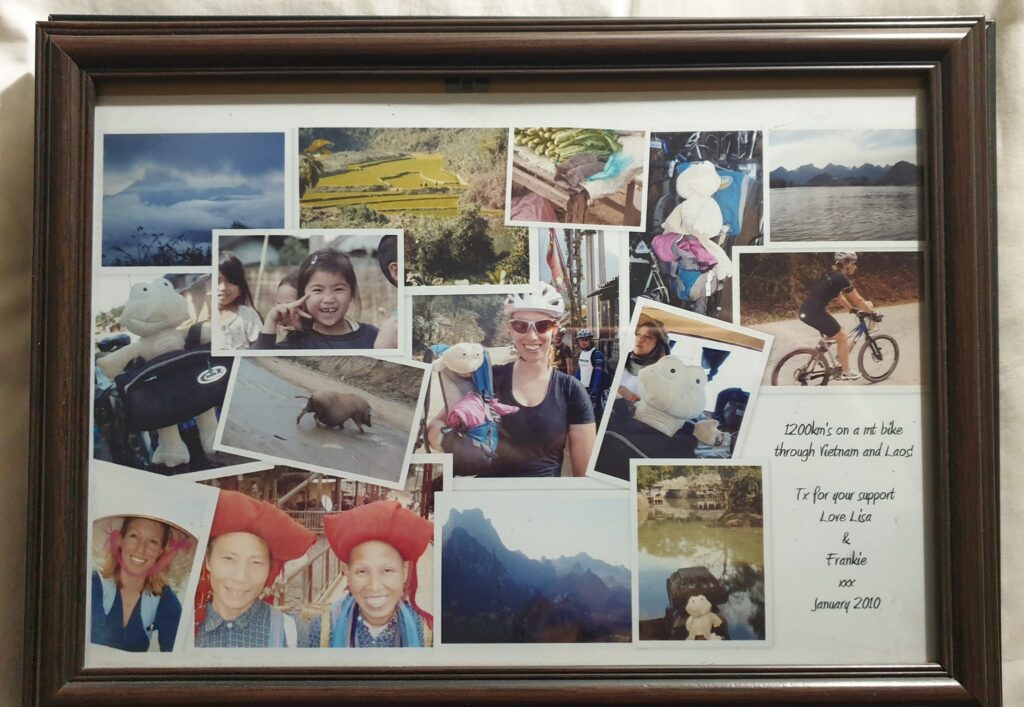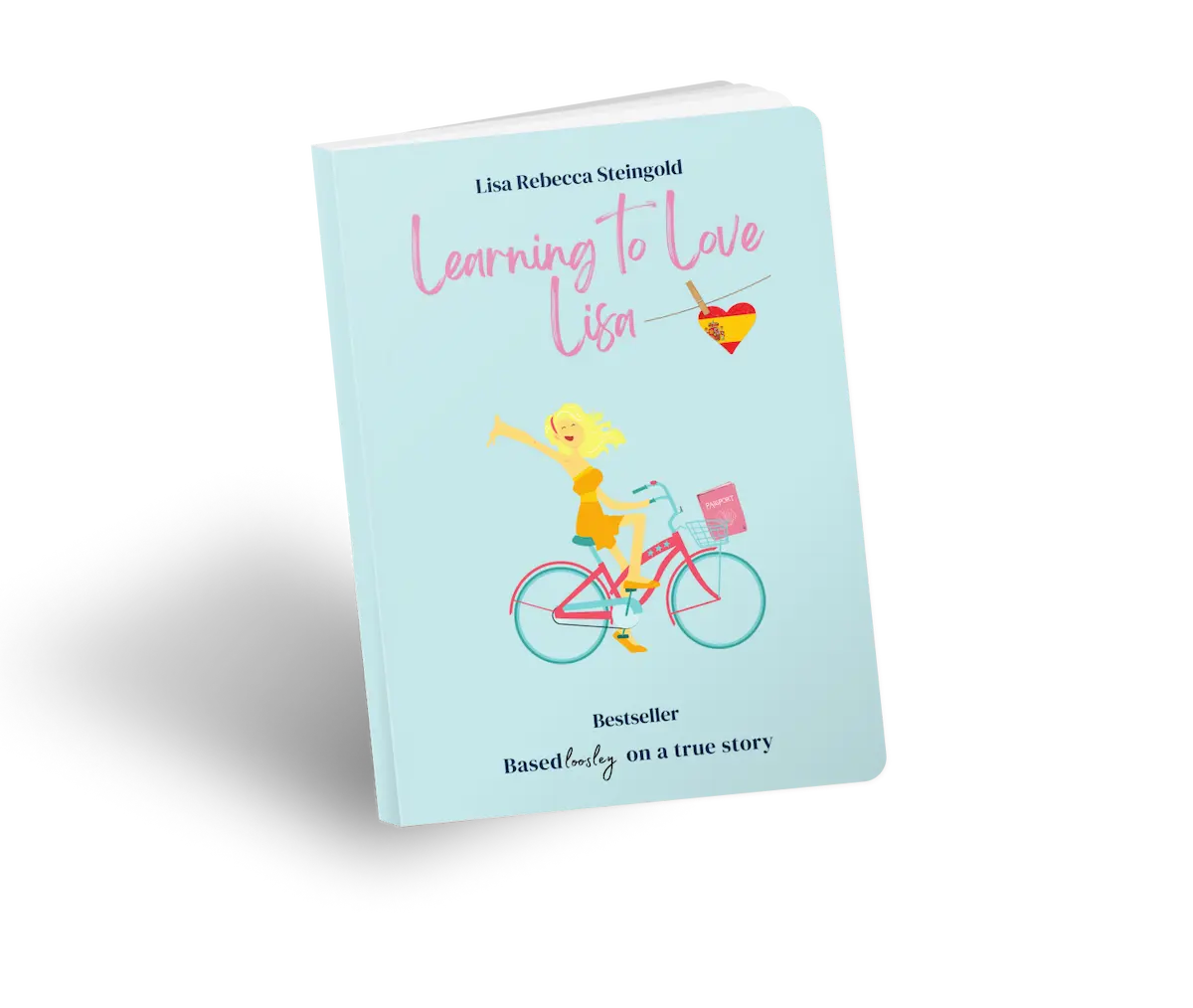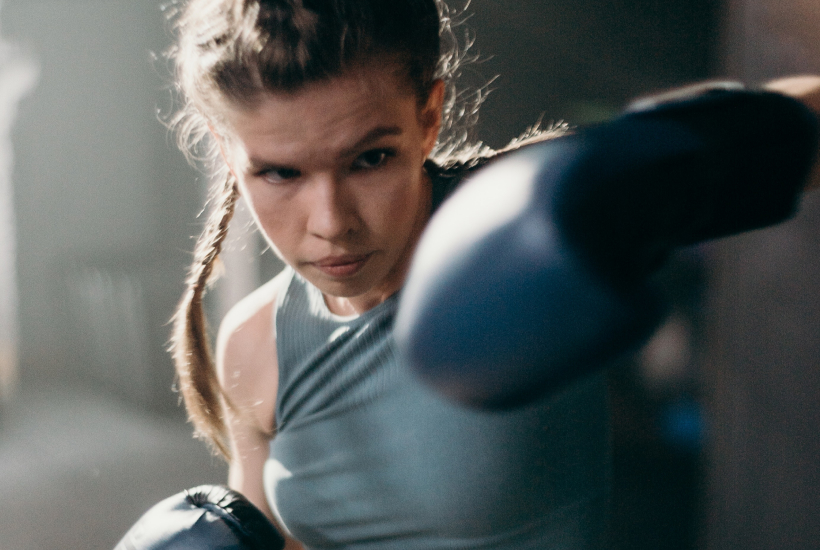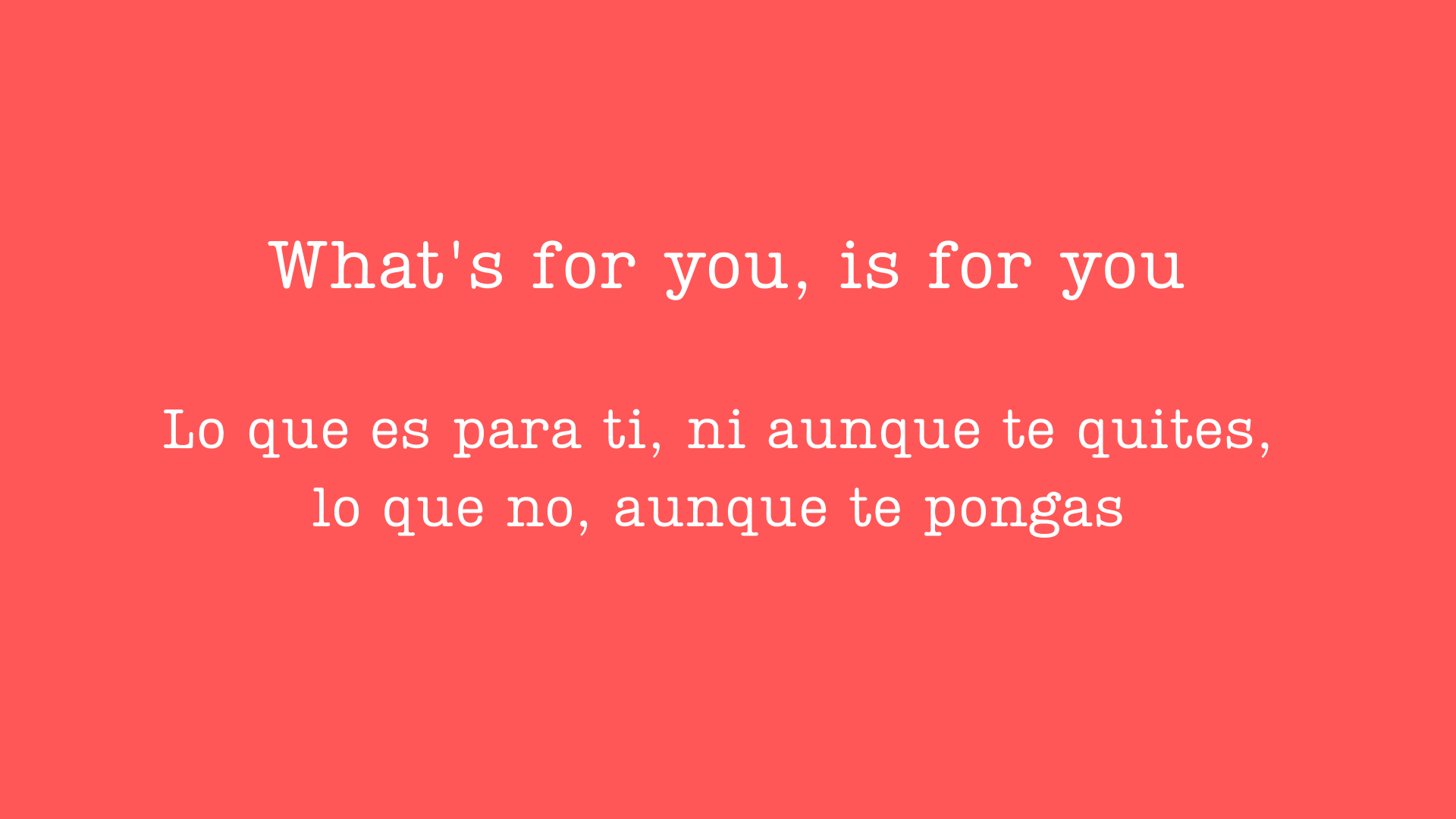Table of Contents
ToggleLast Updated on May 22, 2024 by Lisa
Table of Contents
Most of us think about New Year resolutions at this time of year but it might be better for all of us to think about the characteristics to develop that support new habits, instead of the habits themselves.
It’s such a pity that we spend years learning maths and science at school but often not the life skills we will need to get through the roughest times.
The truth is that without certain life skills, life in general will be more difficult. Sure things like divorce and losing your job are difficult but without these skills, even more so.
But aren’t you just born with these skills?
Nope, anyone can learn them irrespective of their economic situation or level of schooling.
But surely things like learning how to earn money are more important?
I don’t think so. With these skills, you are more likely to put yourself in a position to earn money and without them, even if you do make money, you are less likely to keep it and at the very least, less likely to enjoy it.
Do I absolutely have to learn these skills?
Nope, of course not. Everything in life is a suggestion but if you’re looking to enjoy the quality of your life and relationships then you’re going to want to make these more of a focus in the New Year.
The 7 Life Skills You Must Learn
I had the privilege of attending a school which emphasised critical thinking and the following skills but I realise this is not the norm.
Hence the reason for writing this piece. I feel like sometimes if life could just come with a guidebook, it’d be a whole lot easier. This article, and my blog in general, is aimed to be just that; a little life handbook for when you need a little help.
Okay, so how do you make your life a million times easier without a million bucks?
1. Self-awareness
I’ll confess my sister told me that self-awareness needed to be top of the list. In her words “Everything stems from self-awareness”. You’ll never be able to change anything you’re not aware of.
And the truth is all of the following like skills hinge on this one.
- Do you know the impact you have on others?
- Do you know what triggers you?
- Do you know what you really want?
- Are you aware of your bad habits?
How to cultivate self-awareness?
Certain activities like reflecting on your behaviour helps but if you aren’t used to it, I’d suggest going to a therapist (yes like my sister) or journaling. Sometimes just learning to observe yourself and situations will do wonders to build self-awareness.
Take a solo trip!
In 2010 I did a solo mountain bike trip across Vietnam and Laos. It taught me a huge amount about myself! There’s nothing like a solo trip to cultivate a bunch of self-awareness.

2. The art of learning
This follows on from self-awareness but the art of learning applies both on a personal level as well as a general life level. Whilst we all have obvious preferences and aptitudes for certain things, human beings are far more adaptable than we realize.
You truly can learn anything.
The art of learning means you’ll be
- Eligible for new career (and life) opportunities,
- Open to new situations
- More likely to avoid dementia
- Far less likely to repeat mistakes
- More adaptable to change
How to cultivate learning?
Next time a situation goes ‘wrong’ or unexpectedly, ask yourself what you have to learn from the situation.
Or what about trying to learn something new? A new language or a musical instrument?
If you want to get serious about learning, commit to 21 days of writing down what you learnt at the end of each day in a journal.
Let me know how it goes!
3. How to master your fears
Fear is a real thing on planet Earth. I would go so far as it dominates more of our lives than any other influence. Fear means we either run from something or attack it – you know the whole fight or flight story.
It’s not all bad, fear is a natural response and is designed to keep us safe. It’s the voice of fear that stops us from walking in the veld or forest and being eaten by lions or bears, or other dangers.
But when fear is what stops us from living, it’s time to learn how to master it.
Often fear stops us
- Having relationships or leaving bad ones.
- Putting ourselves forward for a promotion
- Saying yes or saying no
- Trying something new
- Sparking up a conversation
- Facing our challenges
- LIVING!
Our greatest fears often live in the same place as our deepest desires which is why it’s on the top of my list of life skills. Want a promotion but are afraid you don’t have what it takes? Want to ask someone out but are afraid of rejection?
How to master your fears?
Firstly, feel the fear. Close your eyes and just feel where it sits in your body. Then as the famous book by Susan Jeffers goes, feel the fear and do it anyway.
Try small things.
Want to go on a date but are petrified? Try a short online conversation first.
Want to learn a new skill but feel terrified? Get the help of someone more experienced in the form of a tutor or teacher. (I did this with motorbiking).
Remember to be kind to yourself in the process – because learning to master your fears is a process.
4. Communication
This seems kinda simple no? It’s a necessity from when we’re born. When we’re hungry we need a way to indicate that to our mothers. Communication is essential not just for sharing our needs with others or the world. But for understanding their needs too.
Communication is the basis for work, for relationships, for flirting, for interpreting situations and for basis survival.
It comes in the form of verbal and non-verbal communication. As with most life skills, the more you practice, the better you get!
How to learn better communication?
- Trying sharing. Do you share your feelings or bottle them up? Do you just expect others to know what you’re thinking?
- Ask questions!
We really have no idea what other people are thinking. Usually, we assume that they interpret the world in the same way we do. Then we’re offended or resentful when things don’t go our way. Want to learn to communicate? Ask questions and LISTEN to the answers. I promise you a whole new world will be opened up to you.
Practice having difficult conversations – this is an art all by itself and a fundamental life skill that will propel you past your own limitations. Try putting yourself specifically in difficult conversations to enhance your communication and empathy skills.
5. Authenticity
I once wrote a book called Cut the Crap – The Power of Authenticity. The book was crap but the idea was golden and funnily enough is of increasing popularity.
The ability to be authentic means you’ll first have to have a good level of self-awareness because you’ll have to know what you’re about.
Being authentic means you act in accordance with your values. Your words and actions align.
This is harder than it seems because the human brain is wired for staying safe. So we’re more inclined to go along with things than to say and act how we feel.
How to be more authentic?
Being more authentic is highly correlated to self-awareness. You’ve got to know how you feel about certain things before you can act on them.
Challenge yourself and ask yourself the tough questions. Being authentic is largely about getting real with yourself. Even if you don’t make any changes on the outside, cut the crap and be honest with you!
Practice having difficult conversations – this is an art all by itself and a fundamental life skill that will propel you past your own limitations. Try putting yourself specifically in difficult conversations to enhance your communication and empathy skills.
6. Resilience
Get back up mother fcker. And again. And again.
Life can be tough and that’s the damned truth.
There are lots of spiritual teachings that say things should be easy. But I don’t think Earth School is necessarily like that. You have to learn to get up after you’ve failed and after you’ve fallen.
Fall down 7 times, get up 8.
This is one of the most valuable life skills you will learn.
So your last relationship didn’t work? So what now? Opt out? Feel sorry for yourself? No! Reflect, see what happened, learn from your mistakes and go out and try again.
It’s going to feel like 12 rounds with Mike Tyson. But you know what? You’ll be living! You’ll grow more confident. And you’ll come out a better person.
How to learn resilience?
- Read “Can’t hurt me” by David Goggins
- Stop the feeling sorry for yourself talk like “I can’t, it’s impossible, why me…”. Or at least recognise it and decide to stop listening, even for just a moment.
- Try again.
7. Reflection and critical thinking
Less and less we’re valuing critical thinking. What does this mean? Critical thinking is the ability to think about a subject and formulate your own thoughts. AI and social media algorithms have encouraged us to become lazy in this regard.
We’re only shown what we like. We’re not forced to think critically about a subject. We merely see a clickbait headline and immediately formulate a reaction which is largely based on a bunch of subconscious beliefs.
STOP and THINK. It should be printed on billboards and advertisements the world over. But of course it isn’t because that isn’t how the media makes money.
Critical thinking isn’t about being constantly negative or critical of everything. It’s about objectivity and having an open, inquisitive mind.
How to cultivate critical thinking?
Learn to question the source of information and your own points of view. Could there potentially be other perspectives? Even if you don’t agree with other perspectives, learn to consider them.
READING is a great way to engage with the world and get an array of opinions. Read a book a month, and your critical thinking will naturally evolve.
Learn these life skills, or not
The way I see it, and I could be wrong, but in recent years the world has got alot more complex. If you’re going to make your way through the muddle, these life skills are going to stand you in good stead.
You’re far more likely to achieve healthy relationships, meaningful work, success and general life contentment with such skills.
But I’ll leave that up to you to decide.
Until next time, don’t forget it’s never too late to begin again!
Lisa




